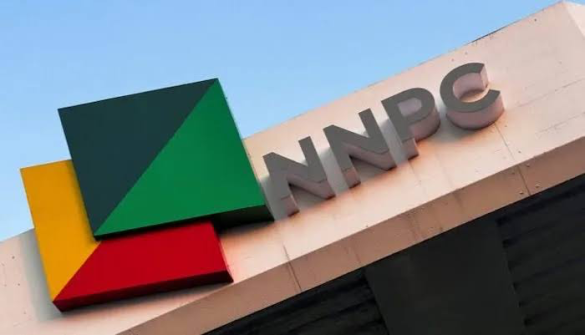KEY POINTS
- NNPC reduced petrol prices by ₦10 to ₦865 in Lagos and ₦890 in Abuja.
- Move follows Dangote Refinery’s cut to ₦820 per litre and CNG truck rollout.
- Analysts see competitive pricing pressures reshaping Nigeria’s fuel market.
Although it provides some respite for drivers, the Nigerian National Petroleum Company Limited‘s, NNPC decision to lower the pump price of gasoline by ₦10 per litre at its flagship filling stations in Lagos and Abuja highlights the unpredictability of the nation’s fuel market.
Petrol prices dropped from ₦875 and ₦900 per litre to ₦865 in Lagos and ₦890 in Abuja as of Friday morning. Important NNPC retail locations, such as Abule Ado in Lagos and the Federal Housing Authority station in Kubwa, Abuja, saw the decrease.
The change comes after two weeks of volatile fuel prices in the biggest oil producer in Africa. Two days after raising prices to ₦915 and ₦955, NNPC cut them to ₦875 in Lagos and ₦900 in Abuja on August 6.
Price moves mirror refinery cuts and competitive jostling
The most recent reduction occurred just days after Dangote Petroleum Refinery reversed an earlier increase to ₦850 by lowering its own pump price to ₦820 per liter on August 12. In an effort to alleviate logistics bottlenecks and possibly lessen transport-related price pressures, the refinery also announced that it would start deploying 4,000 trucks powered by compressed natural gas for fuel distribution across the country on August 15.
Market observers speculate that the recent cut may be the result of attempts to allay public ire over the recent spike in fuel prices as well as competitive pressure from Dangote’s pricing strategy, even though NNPC has not released an official statement outlining the change.
The state-owned oil giant still has strict control over Nigeria’s gasoline market, but private sector players—particularly Dangote’s enormous refinery—are starting to change the pricing structure. According to industry analysts, how soon drivers experience significant relief at the pump may depend on the pricing dance between the two.
For the time being, the ₦10 reduction provides slight savings in a nation where inflation is still a problem and transportation expenses significantly strain household budgets. However, unless more extensive reforms result in long-term market stability, any reprieve could only last a short while, as prices are still more than three times higher than they were before the subsidy.



